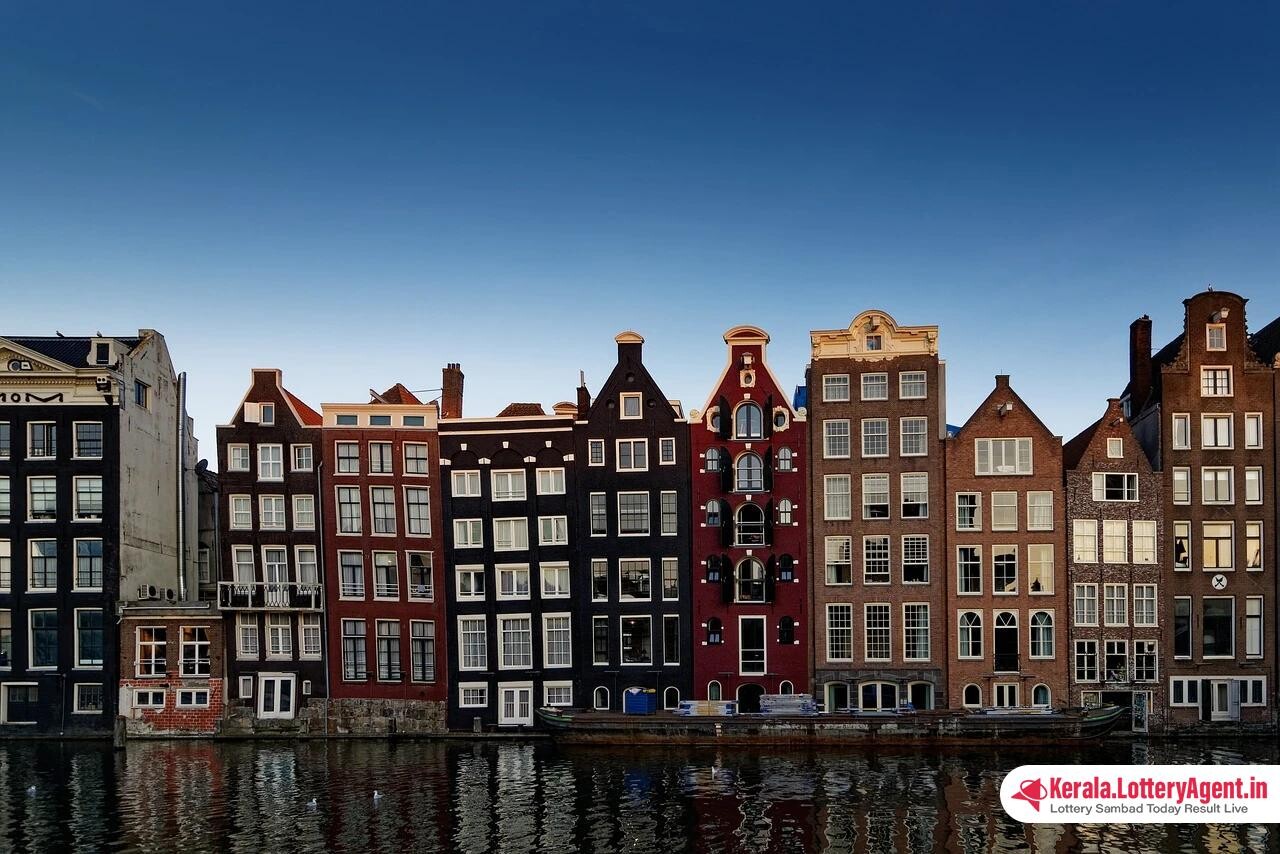
The regulatory landscape for gambling advertising in the Netherlands is undergoing rigorous changes. The Kansspelautoriteit (KSA), the Dutch gambling authority, has now taken significant steps to ensure strict compliance with the newly imposed rules. In a detailed request for information, operators have been asked by the authority to submit a variety of details regarding their sponsorship contracts. This sweep by the KSA has been meticulously planned to align with the timeline set for phasing out allowed sponsorships.
According to a report by Casino Nieuws which casts light on this unfolding scenario, the request is quite comprehensive. It includes, but is not limited to, queries about when each sponsorship contract was forged, the duration of the agreement, and the substantive elements of the contracts themselves. Importantly, while advertising bans have been in force since 2023, sponsorships remain permissible but are not without an expiration date. The KSA’s grace period allows programme and event sponsorship to continue until the 1st of July this current year, and sports sponsorship until mid-2025. In line with the new regulations, no fresh sponsorships may be initiated post-1July 2023.
In a clear indication of their intent, the regulatory body has given operators a deadline of 29 March 2024 to deliver the requested information. Several individuals associated with the industry have confirmed the regulatory body’s request to Casino Nieuws, affirming the widespread impact of the demand.
In intricate detail, the KSA has directed those with sports sponsorships to specify the nature of the partnership—be it with a sports team, a stadium, or another kind of organization. Moreover, the authority seeks to understand the manifestation of the sponsorship, such as through shirt promotions or stadium advertisements.
As for media sponsorship, it is imperative for gambling sites to disclose the media format—whether it be TV, radio, or otherwise. They must also provide figures on how frequently the advertising is broadcasted. Event sponsorship entails an outline of the event being sponsored, the timeline of the event, and a description of the advertising presentation.
Beyond the exposition of the sponsorships, the KSA is delving deeper. An aspect of the request probes whether these contracts include clauses allowing operators to engage with fans or followers in any form. Additionally, there is a critical focus on whether stipulations have been included in the contracts to prevent advertisements from targeting vulnerable groups.
The backdrop to this request is the broader ban on gambling advertising that the Netherlands government effected in July. Cutting across a swath of channels, the prohibition encompassed television, radio, and print media, as well as public spaces. Nonetheless, the legislation carved out a niche for targeted advertising. Specific contexts, such as ads within on-demand streaming services, social media, via direct mail, and in online gaming environments, remain permitted under the current framework.
This tactical request from KSA is a clear indicator of a stringent enforcement regime, ensuring that the ban on most forms of gambling advertising is watertight. It also serves as a reminder that while some advertising maneuvers are still within legal bounds, the restriction net is gradually closing in on the gambling industry.
As the operators rush to comply with the deadline, the KSA stands firm in its position to uphold the tenets of responsible advertising in the gambling sector. The rigorous enforcement of this policy marks a turning point for the Dutch gambling landscape, one characterized by a heightened focus on consumer protection and a diminishing tolerance for gambling advertisements. As the deadline looms, the gambling world waits with bated breath to understand the full implications this will have on sponsorship strategies and the future of sports financing in the Netherlands.












